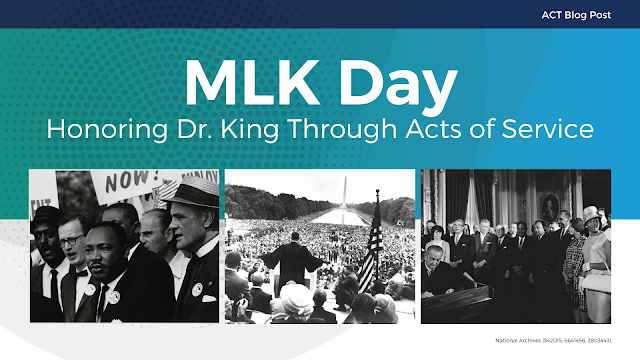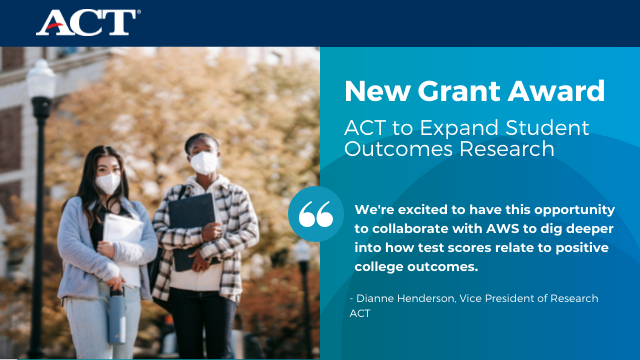As we remember the message and influence of Dr. Martin Luther King Jr. today, it is important to note that “MLK Day,” as it is commonly called, is the only federal holiday recognized as a national day of service.
It is a day to reflect on the life and legacy of Dr. King and celebrate his contributions to help end segregation, advance workers’ rights, and protect the right to vote. And it is a moment to honor him as a true activist, humanitarian, and civil rights leader. But it is also a day that encourages all Americans to serve, give, and share their time, talents, and treasures in support of those in need.
As we each consider how we will spend our time today, there are many ways that we can bring Dr. King’s words to life. For example, when you read his famous 1963 "
Letter From Birmingham Jail," where he wrote, “Injustice must be rooted out by strong, persistent, determined action,” you may be spurred to sign petitions or write to members of Congress to help combat voter suppression. Others may decide to work in a soup kitchen, homeless shelter, or food pantry to address the immediate and personal needs of community members, while some may choose to plant trees, recycle, or pick up trash on the side of the road to combat pollution and the destruction of natural resources.
Whatever you choose to do, the operative word that honors the spirit of Dr. King is “action.” Wherever you live, whatever your capacity, and with whatever resources you can spare, consider how you might make a difference in your corner of the world. It is said that one small drop of water can cause the bucket to overflow, so know that your efforts matter, no matter how big or small. You can be the drop of water that brings about transformative change.
As I reflect on individuals of action, I am particularly drawn to the lives and legacies of Sidney Poitier and Betty White, two Hollywood icons being mourned around the world after their recent passing. Poitier, who died at the age 94 on Jan. 6, was a trailblazing Bahamian-American actor and civil rights activist who participated in the March on Washington in 1963 and opened doors for many African American actors and artists. He was the first Black man to win the Academy Award for best actor – in 1964, for his role as Homer Smith in the movie "Lilies of the Field" – and he helped pave the way for other Oscar winners like Denzel Washington, Whoopi Goldberg, Morgan Freeman, and Halle Berry.
White, who died at 99 years old on Dec. 31, 2021, was also committed to social justice and served as an ally, advocate, and collaborator with Black artists, LGBTQ activists, and disability-rights champions throughout her career. As early as 1954, White showcased her commitment to justice when she invited a Black tap dancer, Arthur Duncan, to perform on "The Betty White Show" – in the face of tremendous backlash from TV stations in the South.
We see a commitment to action and an unwavering dedication to justice through Poitier and White’s work, advocacy, and accomplishments. They may no longer be with us, but a similar persistence, passion, and dedication can be seen in the creative, independent, and powerful energy of other young voices today. For example, environmental activist Greta Thunberg and actress Zendaya serve as bright lights for justice and action today. Through these two young women who speak their minds and step out of their comfort zones to act, serve, and fight against injustice, we again see Dr. King’s message from the Birmingham jail come to life.
As you prepare for Martin Luther King Jr. Day, take a moment to read his historic
open letter, and make a commitment to fight injustice, wherever and however you can. Be the change you wish to see in the world.




 By: Tina Gridiron, vice president, ACT Center for Equity in Learning
By: Tina Gridiron, vice president, ACT Center for Equity in Learning
